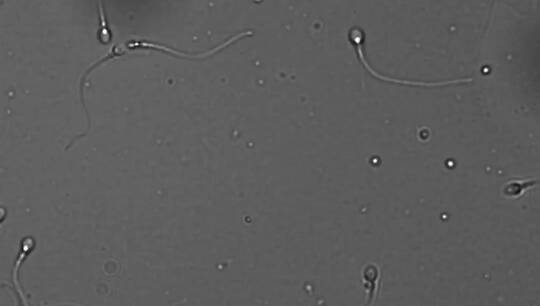David Catling: The rise of oxygen and its importance for complex life
Niels Bohr Institutet
39 views
David Catling
With a background in Atmospheric, Oceanic and Planetary physics, he has made substantial contributions to our understanding of the co-evolution of the Earth’s atmosphere and life.
His scientific work spans a wide range of subjects including conditions for life on Mars and icy moons, environments for the origin and early evolution of life, the Great Oxidation Event, and the role of impacts for the formation of the first pre-biological molecules on Earth and on exoplanets.
On top of his many papers in the scientific literature, an important contribution to the development of the field is his comprehensive book, ‘Atmospheric Evolution on Inhabited and Lifeless Worlds’,
Further information: David Catling on Wikipedia
Abstract: A very oxygen-rich atmosphere sustains multicellular life on Earth, including us, yet Earth’s early history is marked by a lengthy anoxic period. The evolution of Earth's atmospheric oxygen is of interest when we consider other Earth-like planets, and their potential for supporting complex life. Life comparable to advanced metazoans arguably required high partial pressures of oxygen. The multi-billion-year geological timescale for Earth to acquire an oxygen-rich atmosphere, or “oxygenation time”, was thus a limiting step in the evolution of complex life. Here, I will discuss the dependence of complex life on atmospheric oxygen, what caused atmospheric oxygen to rise on the Earth, and whether oxygen-rich atmospheres might evolve on Earth-like exoplanets. I contend that complex animal-like life elsewhere that can move, jump, and think, will breathe oxygen and so biogeochemical conditions for sufficient oxygen in exoplanet atmospheres will limit the distribution of complex life in the universe.

 Videoportal
Videoportal





